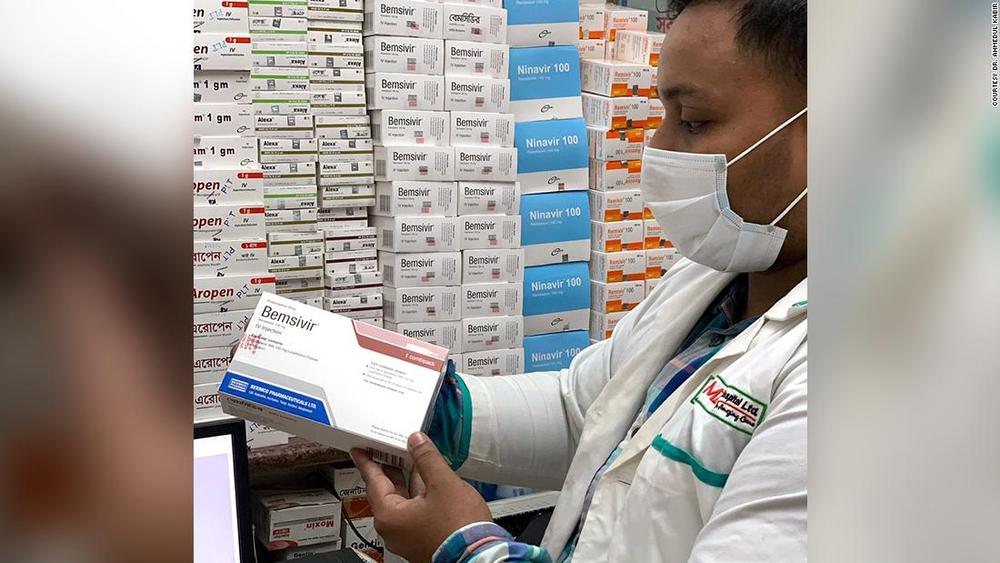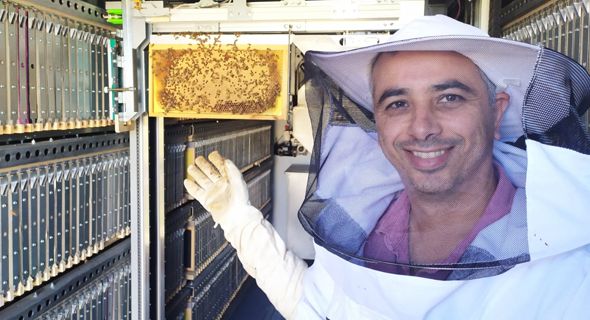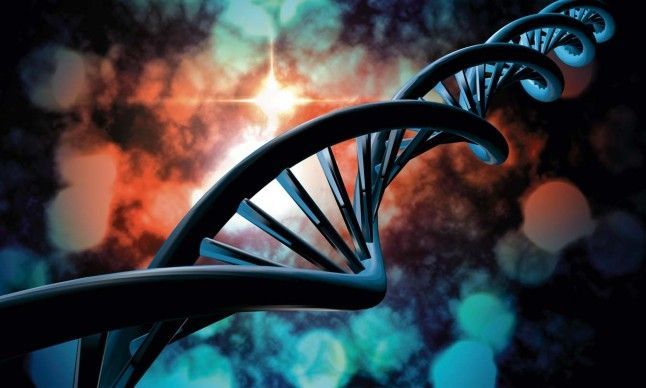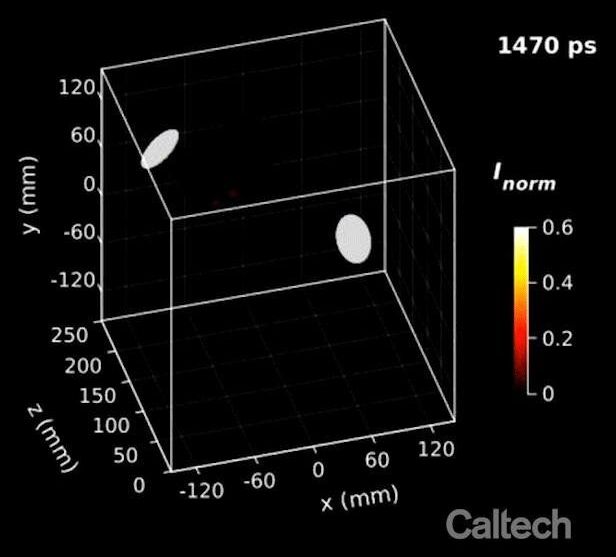Page 7257
Oct 16, 2020
Big global study finds remdesivir doesn’t help Covid-19 patients
Posted by Omuterema Akhahenda in category: biotech/medical
🤔 (CNN)In a study it described as both conclusive and disappointing, the World Health Organization said the antiviral drug remdesivir has “little or no effect on mortality” for patients hospitalized with coronavirus and it doesn’t seem to help patients recover any faster, either.
Until now, remdesivir has been the only drug that appeared to have specific effects for coronavirus. It was the only drug with an Emergency Use Authorization for Covid-19 from the US Food and Drug Administration.
Results of the WHO study have not been published in a peer-reviewed medical journal.🙄 But WHO posted them to a pre-print server.
Oct 16, 2020
Israeli robotic bee hive startup Beewise raises $10 million in series A funding
Posted by Quinn Sena in category: robotics/AI
:oooooo.
The Israeli Beewise hopes to replace the old hives and make them smarter so that bees can be monitored remotely and treated without human contact.
Oct 16, 2020
Enzymatic DNA synthesis enters new phase
Posted by Paul M. Vittay in categories: biotech/medical, chemistry
Several startups are now pursuing the potential of enzymatic synthesis as a faster and more efficient route for synthesizing longer DNA sequences than is possible with traditional chemical means.
Oct 16, 2020
#51 Longevity Dialogues Part 1, The Long View. With Sergey Young, David Wood, and Jose Cordeiro
Posted by Mark Sackler in categories: innovation, life extension
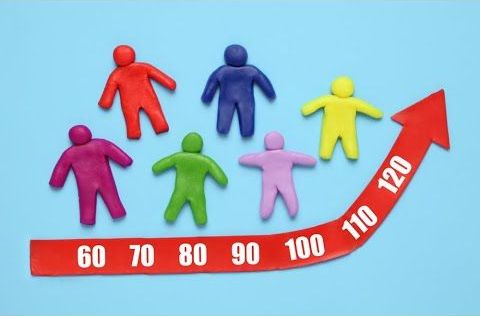
First in a series of Longevity Dialogues. Suggestions for future focus encouraged.
Host Mark Sackler conducts a lively discussion on issues involved with the anticipated implementation and implications of radical life extension. With XPrize innovation board member Sergey Young, and futurist authors David Wood and Jose Cordeiro.
Oct 16, 2020
For The First Time, Physicists Have Achieved Superconductivity at Room Temperature
Posted by Shailesh Prasad in categories: materials, physics
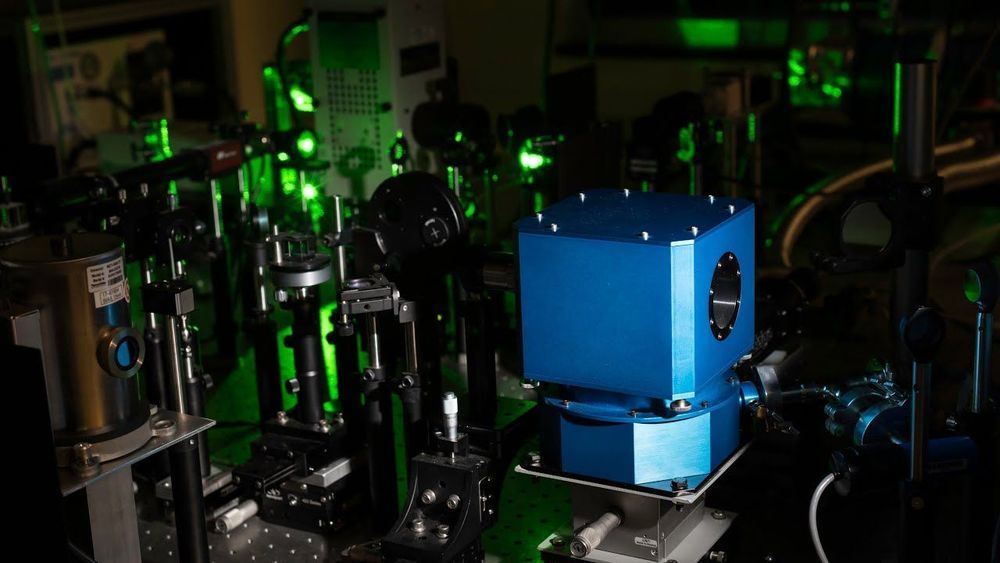
A major new milestone has just been achieved in the quest for superconductivity. For the first time, physicists have achieved the resistance-free flow of an electrical current at room temperature — a positively balmy 15 degrees Celsius (59 degrees Fahrenheit).
This has smashed the previous record of −23 degrees Celsius (−9.4 degrees Fahrenheit), and has brought the prospect of functional superconductivity a huge step forward.
Oct 16, 2020
Smart Prisons: Managing and Rehabilitating Prisoners with Psychology, Empathy and AI
Posted by Ira S. Pastor in categories: law enforcement, policy, robotics/AI, virtual reality
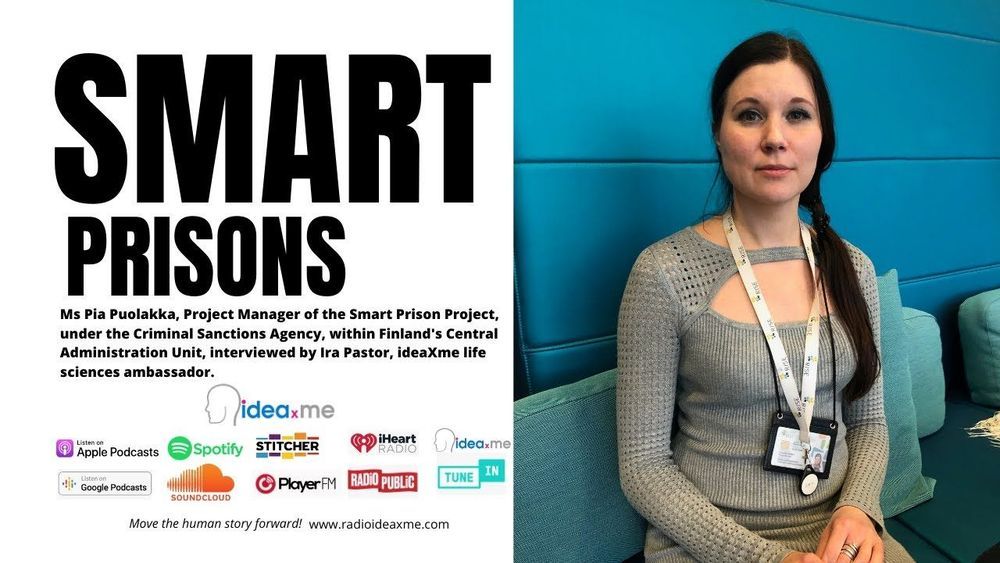
Re-Imagining Prisons — with AI, VR, and Digitalization.
Ira Pastor, ideaXme life sciences ambassador, interviews Ms Pia Puolakka, Project Manager of the Smart Prison Project, under the Criminal Sanctions Agency, within Finland’s Central Administration Unit.
Oct 16, 2020
Ultrafast camera films 3D movies at 100 billion frames per second
Posted by Saúl Morales Rodriguéz in categories: entertainment, mobile phones
In his quest to bring ever-faster cameras to the world, Caltech’s Lihong Wang has developed technology that can reach blistering speeds of 70 trillion frames per second, fast enough to see light travel. Just like the camera in your cell phone, though, it can only produce flat images.
Now, Wang’s lab has gone a step further to create a camera that not only records video at incredibly fast speeds but does so in three dimensions. Wang, Bren Professor of Medical Engineering and Electrical Engineering in the Andrew and Peggy Cherng Department of Medical Engineering, describes the device in a new paper in the journal Nature Communications.
The new camera, which uses the same underlying technology as Wang’s other compressed ultrafast photography (CUP) cameras, is capable of taking up to 100 billion frames per second. That is fast enough to take 10 billion pictures, more images than the entire human population of the world, in the time it takes you to blink your eye.
Oct 16, 2020
Deep Sleep: How Does It Change During Aging, What’s Its Connection To Alzheimer’s Disease?
Posted by Mike Lustgarten in categories: biotech/medical, life extension, neuroscience
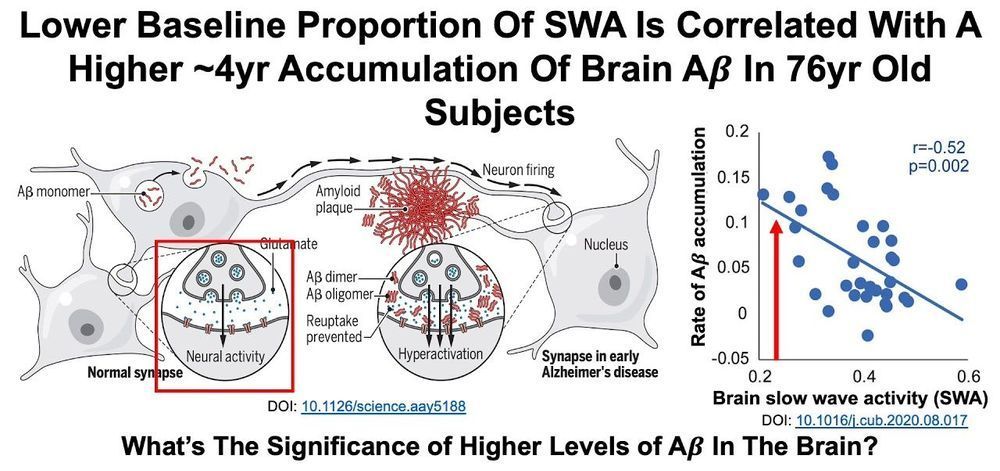
Here’s my latest post!
Sleep changes during aging may impact Alzheimer’s disease risk, and with the goal of minimizing that risk, can sleep, in particular, levels of deep sleep, be optimized?
Oct 16, 2020
NASA makes a significant investment in on-orbit spacecraft refueling
Posted by Malak Trabelsi Loeb in categories: futurism, space
NASA has reached an agreement with 14 US companies to develop technologies that will enable future modes of exploration in space and on the surface of the Moon. NASA says the value of these awards for “Tipping Point” technologies is more than $370 million.
With these awards, the space agency is leaning heavily into technologies related to the collection, storage, and transfer of cryogenic propellants in space. Four of the awards, totaling more than $250 million, will go to companies specifically for “cryogenic fluid management” tech demonstrations:
Eta Space of Merritt Island, Florida, $27 million. Small-scale flight demonstration of a complete cryogenic oxygen fluid management system. System will be the primary payload on a Rocket Lab Photon satellite and collect critical cryogenic fluid management data in orbit for nine months. Lockheed Martin of Littleton, Colorado, $89.7 million. In-space demonstration mission using liquid hydrogen to test more than a dozen cryogenic fluid management technologies, positioning them for infusion into future space systems. SpaceX of Hawthorne, California, $53.2 million. Large-scale flight demonstration to transfer 10 metric tons of cryogenic propellant, specifically liquid oxygen, between tanks on a Starship vehicle. United Launch Alliance (ULA) of Centennial, Colorado, $86.2 million. Demonstration of a smart propulsion cryogenic system, using liquid oxygen and hydrogen, on a Vulcan Centaur upper stage. The system will test precise tank-pressure control, tank-to-tank transfer, and multiweek propellant storage.

